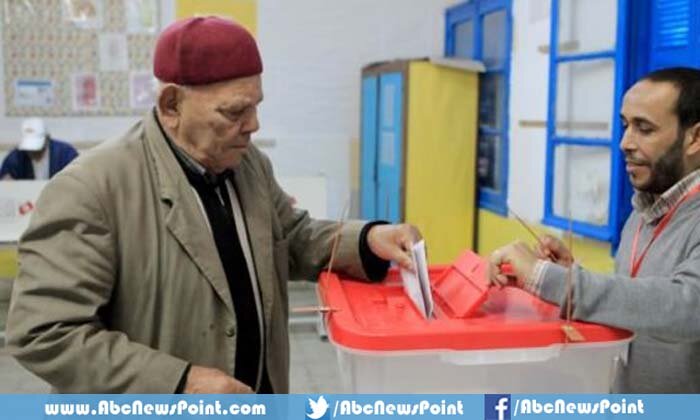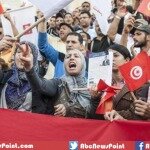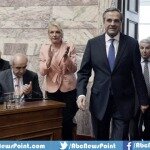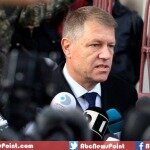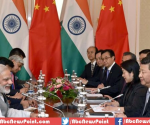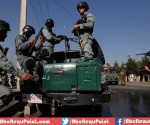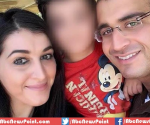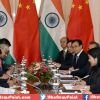Second Round Of Presidential Elections Polling Stations Open In Tunisia
The second round of the presidential election began Sunday in Tunisia, where nearly 5.3 million voters are called upon to decide Beji Caid Essebsi and Moncef Marzouki. This vote is the final step in the establishment of a democratic regime in Tunisia almost four years after the overthrow of Zine Ben Ali.
In the first round on 23 November, Essebsi received 39.4% of the vote against 33.4% in Marzouki, less than 200 000 votes apart. Participation had been close to 65%.
Aged 88, Essebsi was Minister Habib Bourguiba, who took the reins of the country in 1957 after independence negotiated with France and kept them for thirty years. His secular party, Nidaa Tounès, won the parliamentary elections of October. His opponents accused him of being a figure of autocratic regimes of the past and see in his application the risk of a return to hegemony of a single party.
He is most erase the memories of his involvement in the Democratic Constitutional Rally (RCD) of Zine Ben Ali after the coup of November 1987 and its path to the presidency of the Chamber of Deputies in 1990 and 1991. After that, he had retired life policy .
Essebsi is not a democrat. He does not know what democracy, said Marzouki during the campaign between the two rounds . Drawing on its status as a man of experienced state Essebsi said for his part in even the best of making its prestige to Tunisia.
Conversely, Marzouki, 69, is being blamed his alliance with Islamist Ennahda which allowed him to be elected transitional president there three years. Former opponent of the regime of Ben Ali, exiled several years in France, he presents himself as the protector of the “Jasmine Revolution” that triggered the cycle of Arab spring.
The Ennahda party, the second legislative, chose not to submit to presidential candidate and gave no instructions to vote, but the camp Essebsi says Marzouki was full of Islamist voice.
Since 2011 of his revolution, Tunisia has, however distinguished by its concern for compromise unlike Libya or in Egypt , where the overthrow of autocratic leaders opened periods of violent confrontation and chaos.
Before the election of parliament in October, Tunisia has adopted in January of a new constitution including guaranteeing freedom of religion and gender. This text has been hailed by the West as a model for the establishment of a democratic regime and respect for human rights.
It grants only limited powers to the head of state, especially in the areas of the defense and foreign affairs . The heart of the future power should find in parliament.
By organizing the elections, Tunisia completes a long process of transition that began the day of the fall of the dictatorship 14 January 2011 and restored political stability in a climate of multiparty and alternating peaceful, underlines the Independent High Authority for Elections (ISIE).








